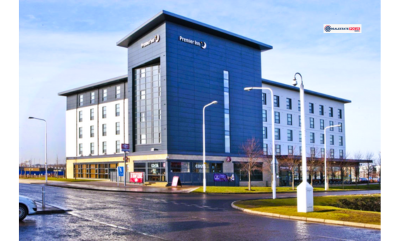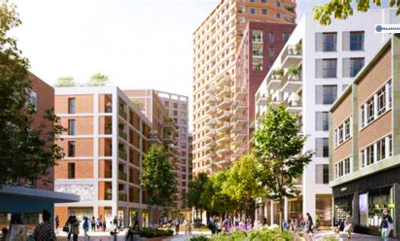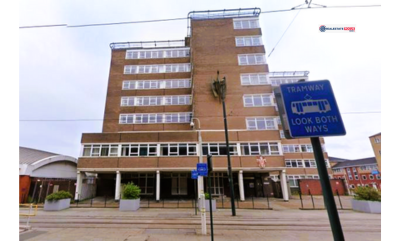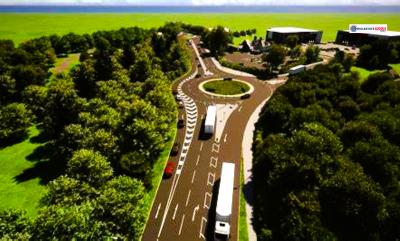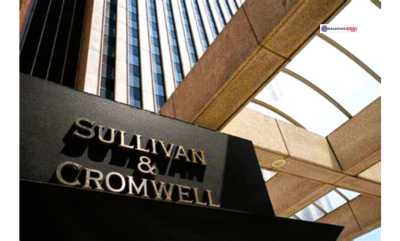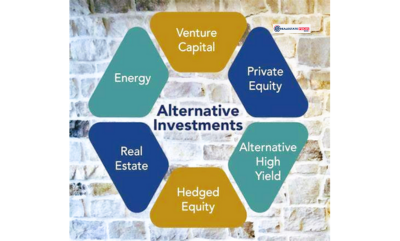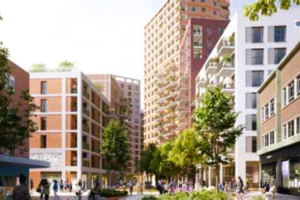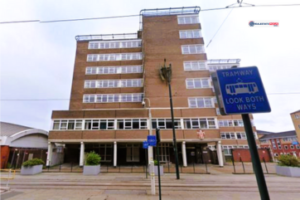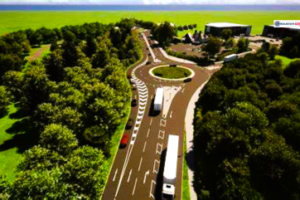

Green Shoots in the South West: How Place-Based Strategies Are Powering the UK’s Net-Zero Future
As the UK races toward its 2050 net-zero target, the South West of England is emerging as a powerhouse of sustainable growth driven not by blanket national policies, but by place-based strategies that harness regional strengths, community engagement, and innovative finance.
A new feature series developed by edie in partnership with Lloyds Corporate & Institutional begins in Bristol, spotlighting the unique opportunities and formidable challenges facing the South West as it accelerates its transition to a low-carbon, resilient economy.
Why Place-Based Thinking Matters
The logic is simple: one-size-fits-all sustainability doesn’t work. A recent edie-Lloyds survey of UK business and sustainability leaders revealed that 94% support place-based approaches to accelerate decarbonisation, while 82% believe local collaborations unlock hidden value in the net-zero transition.
Regionalism, it seems, isn’t just a geographic strategy, it’s an economic and environmental imperative.
This thinking was put to the test in a high-level roundtable convened in Bristol, where industry leaders, sustainability experts, and financiers gathered to chart a course for the South West’s green transformation.
From “Sustainability Winter” to Climate Spring
Despite Bristol’s bold climate commitments including a target to become carbon-neutral by 2030 and the ambitious £1bn City Leap investment plan the region isn’t immune to headwinds. Economic pressure, global uncertainty, and shifting political narratives have dampened enthusiasm in what one participant dubbed a “sustainability winter.”
Yet, attendees agreed: this is a temporary freeze. With a combination of local willpower, targeted investment, and policy clarity, the South West is well-positioned to reignite momentum and fast.
Natural Assets, New Opportunities
The South West’s geographic and natural advantages make it a fertile ground for the net-zero economy:
- Geothermal energy in Cornwall
- Offshore wind projects from The Crown Estate
- Green power interconnectors bringing solar energy from Morocco to North Devon
- Nuclear power from Hinkley Point C
- An EV Gigafactory near Bridgwater
- Critical minerals for batteries
- The largest area of semi-natural habitats in England
It’s a region with everything from cutting-edge tech to ancient biodiversity. The key is connecting the dots through smart finance, public-private collaboration, and coordinated planning.
Rethinking the Business Case for Net-Zero
The narrative around sustainability is also shifting. While the ROI used to be framed around growth and innovation, many leaders now emphasize short-term cost savings and long-term risk mitigation. One financier summed it up: “The business case hasn’t gone away, it’s just wearing different clothes.”
And businesses are beginning to understand that climate resilience is economic resilience. Projects like the Bristol Climate Action Investment (BCAI), which leverages private capital for local energy efficiency upgrades, exemplify this evolving mindset.
Lloyds is also experimenting with blended financing models such as partnering with the National Wealth Fund to improve social housing energy performance highlighting a new era of socially inclusive, climate-smart finance.
Unlocking Regional Potential with Local Partnerships
A recurring theme of the roundtable was that while central government initiatives like the Devolution Priority Programme can be powerful, bottom-up collaboration is often faster and more effective. Organic cooperation between businesses, councils, academia, and financiers could prove the South West’s greatest asset.
As Ben Deverell, Lloyds’ Head of South West & South Wales, noted, “By bringing together stakeholders across sectors, our discussion drew out the most important interventions and collaborations needed to drive sustainable growth.”
David Willock, Lloyds’ Managing Director of Sustainability Advisory, added that hearing such capable, committed voices across manufacturing, energy, and professional services made him optimistic about the region’s role in the UK’s green future.
The Road Ahead
With the South West contributing 5.4% of the UK’s net-zero economic growth second only to London, it’s clear this region is punching above its weight. But unlocking the next wave of progress will require turning fragmented innovation into scaled, systemic transformation.
This means:
- Embedding sustainability into finance and planning as the default
- Bridging the short-term economic pressures with long-term climate goals
- Making local stories part of a national movement
If successful, the South West could become a template for place-based climate leadership, proving that sustainability, far from being a burden, is a powerful engine of local prosperity.
As this new series from edie and Lloyds unfolds, other regions will take the spotlight but the South West has already made a compelling case: a just and prosperous net-zero future starts close to home.


